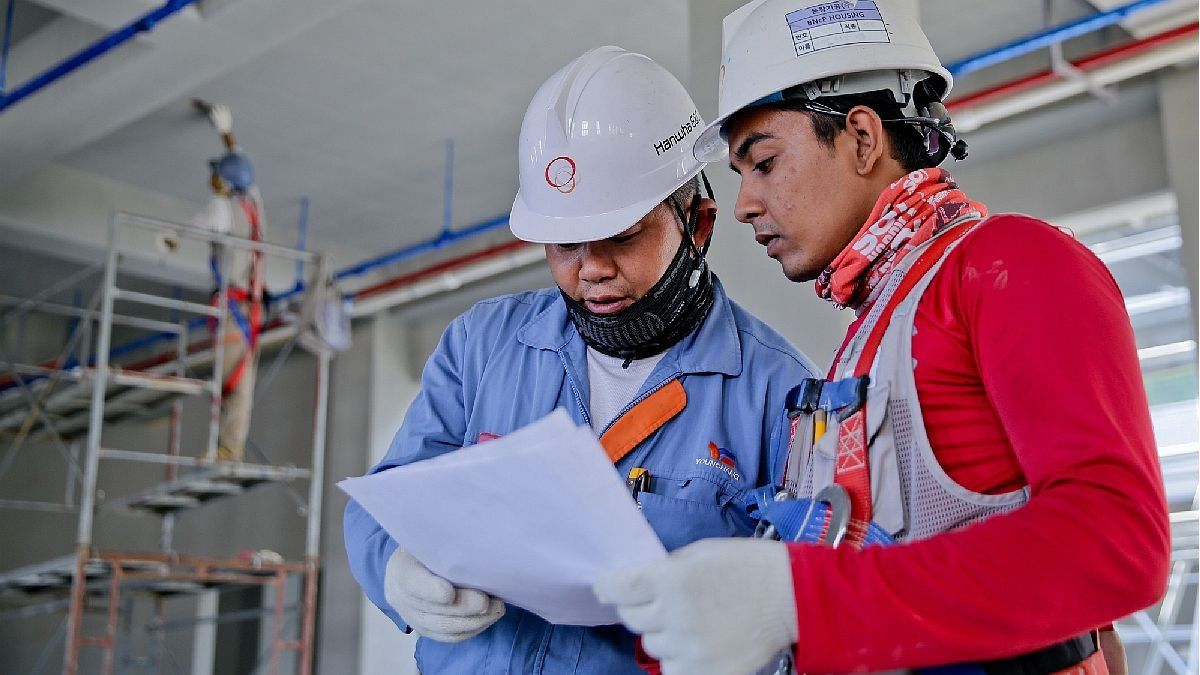Globalization together with the great technological changes has been generating profound transformations in the world economy. The phenomena of globalization contain a paradox; workers’ health is a development requirement, but development deteriorates their health.
The effect of globalization on the economy is not homogeneous. It particularly affects small, recently formed companies with little technological development. In the field of occupational health, globalization hits the poorest workers and those who have the greatest difficulty adapting to new technologies. Likewise, given that flexibility generalizes the practice of “independent work”, workers under this modality are vulnerable, since they do not have the right to insurance for professional risks.
The International Labor Organization (ILO) revealed that 7,600 people die every day in the world as a result of accidents at work or occupational diseases. For this reason, safety and health at work, that is, the prevention of occupational accidents and illnesses, cannot remain unaffected by the changes that the globalization that the economy is causing in society. The great challenge in this field will be to turn the difficulties involved in adapting to the new situation into opportunities for the future development of occupational health and safety.
The COVID 19 pandemic is an opportunity to create new collective capacities to face future crises and mitigate their effects on health and safety at work. The recovery plan must make it possible to strengthen the role of the social partners. Social dialogue is an essential instrument to anticipate changes in the world of work resulting from environmental, digital and demographic transitions and manage these changes. It is a very valuable tool for companies and for society as a whole, essential for the generation of policies on the matter through negotiation, participation and permanent exchange of all the partners involved; entrepreneurs, professionals and technicians, governments, workers and their representatives.
In a globalizing world where workplace accidents and occupational diseases cost an estimated $1.25 trillion a year, we need to globalize good occupational health and safety practices as well.
It is necessary that this process be led by strong workers’ organizations. Governments, in turn, must provide the appropriate framework. We must also find better ways to use the information and communications technologies that drive globalization to raise awareness of safety and health issues and promote a culture of safety.
Director of the Degrees in Occupational Hygiene and Safety, Environmental Management and Tourism – Universidad Blas Pascal
Source: Ambito




